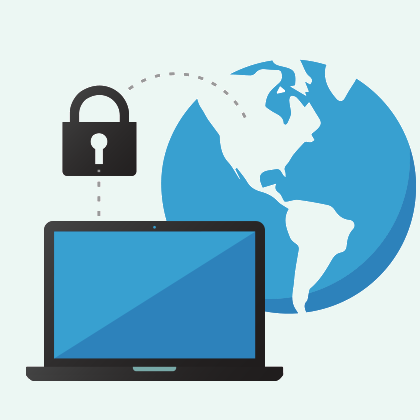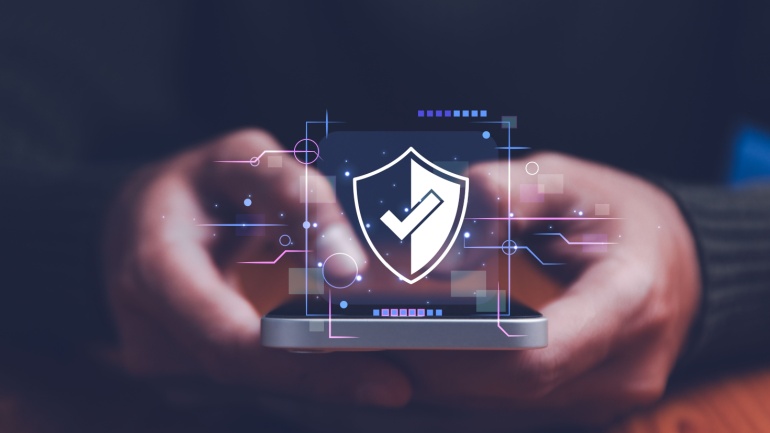While the storm caused by the GDPR coming into force on May 25th is quieting down, people are still concerned about the protection of their personal data, and privacy in general. In the current environment, the use of the word VPN is commonplace, yet not everyone understands this term and what it has to do with security.
voip.review will provide some basic insights into VPNs.
Simply put, the abbreviation VPN stands for Virtual Private Network, a connection method that helps users maintain security while connecting to another network over the Internet. The original idea for creating a VPN was to secure the private network of large corporations, where branch offices and employees need to connect to the network from remote locations. While connecting to the corporate network via cables installed in a local office is relatively safe, connecting to this private network through public networks can introduce security vulnerabilities due to hackers accessing the data travelling on public segments. The function of the VPN is to emulate a virtual cable between end-user devices and servers by creating a tunnel where all the data is encrypted and is therefore safe from prying eyes.
Today, Internet use is pervasive and privacy has become one of the main concerns for humanity. Therefore, the VPN is suitable not only for corporate use, but is recommended for cautious individuals as well. There are two main reasons why everyone should consider using a VPN:
- Data encryption – Like all corporations, most individuals would prefer their personal data to be secured and encrypted, thus making this important data resistant to hackers. Using a VPN does not mean that it is impossible to access and decrypt data, but the security level associated with VPN services are extremely high.
- IP address security – An IP address functions as an identifier for any device accessing the Internet. This address can expose sensitive information about the user behind the device, mainly the location of that device. When using a VPN, the IP address is hidden, allowing users to access websites that might be blocked according to location and, in general, preventing internet service providers, governmental organizations, hackers and others from identifying the location of the end device.
The reasons for using VPNs are countless, and continue to increase along with the amount and type of sensitive data traversing our networks. Usually, the first people to demand network security and anonymity are the ones hacking those networks, and if they take appropriate measures by using VPNs to protect their privacy, why shouldn’t we?
Stay connected for our next discussion about the best VPN providers for you.







